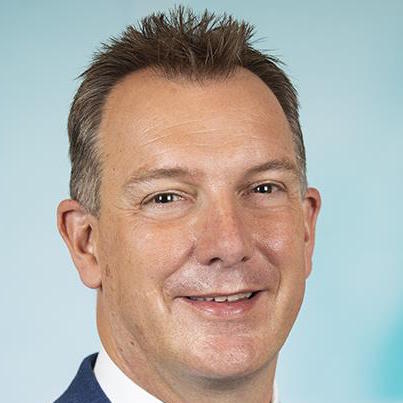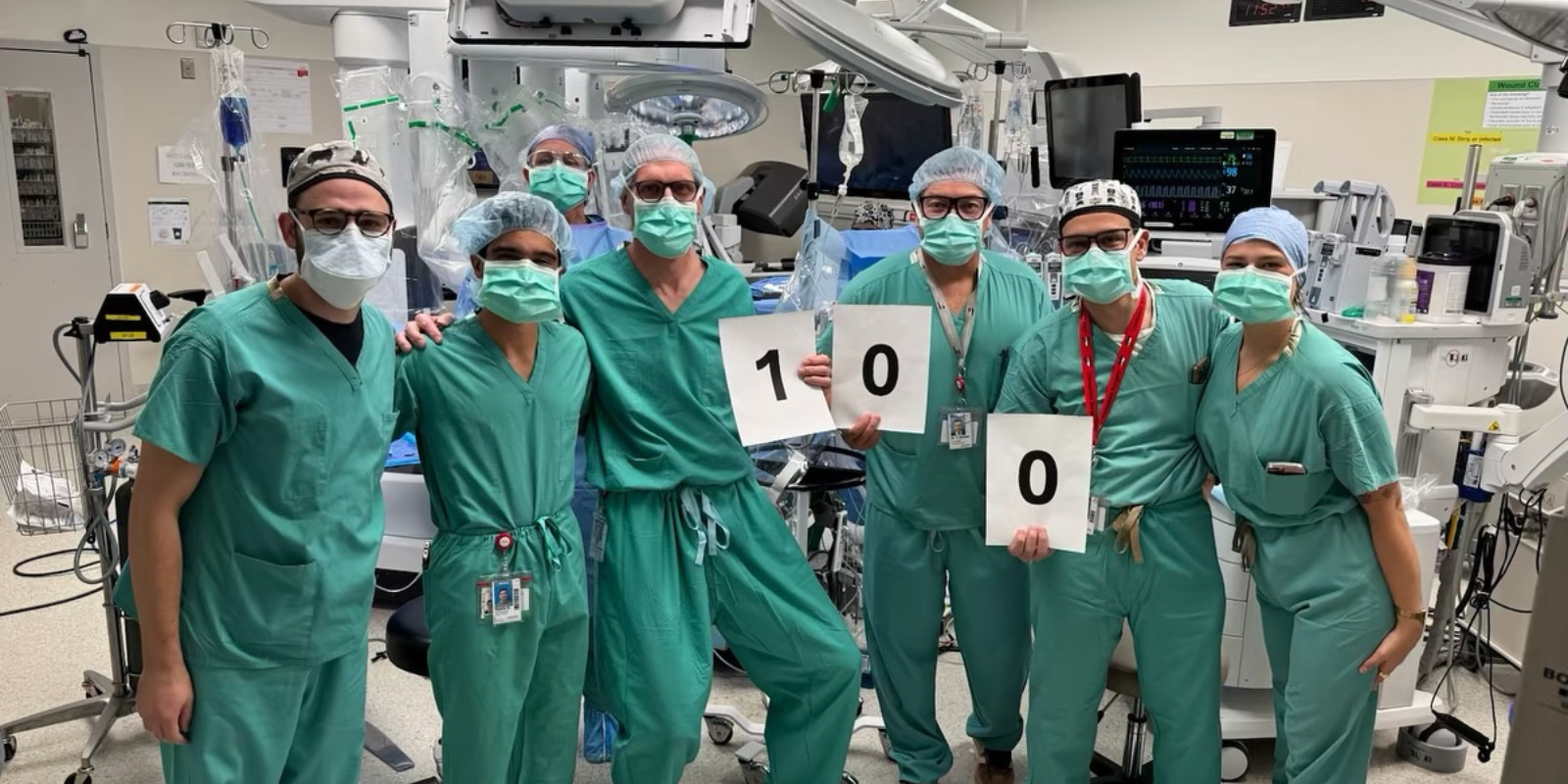What are the biggest challenges of transitioning patients from pediatric to adult urologic care?
These children have been looked after by a team since they were very young, and they've invested enormous trust in that team. And suddenly, at the age of 17 or 18, there's a discussion about moving on from that team. That is a huge change for them. There needs to be a trusting relationship, and they need to trust that the care they've been receiving will continue.
The second big challenge is how you manage parents in that setting. I'm humbled by parents who put in all of the effort they do, and the support they give to their children when some of them have had really difficult diagnoses and multiple surgeries in childhood. Then, suddenly, there's an expectation that they'll step back from that, and allow that child to make all the decisions. How you manage that with a parent is really important — for them to understand the importance of giving independence, but also to help their child develop independence. The two mirror each other. And getting that balance right is difficult.
Then there are the clinical challenges. Many of these patients have had multiple operations — often big reconstructions — so they're vulnerable to long-term difficulties or complications that can develop. Our work can be similar to a night watchman, looking after patients, surveying them, making sure we're not missing changes in their renal function or development of bladder complications like stones, how they manage difficult problems like urinary tract infections and supporting them with advice they may need.
A woman who was born with spina bifida (a birth defect that occurs when the spine and spinal cord don’t form properly and can cause bowel and bladder problems) may want to go on and have a family, but there are certain preventative things we need to do for her, advice we need to give her to reduce her risk of having an affected child herself. Many of our patients will go on to have children, and because they've had complex reconstruction, we'll work with the OB/GYN team to make sure that that pregnancy is safe and that the delivery is successful.
Some of these urologic issues are so intrinsic to maturing and growing up, especially when sex becomes an important topic — how tricky is that to navigate?
It's an important and common conversation to have. There are some patients who literally want to know that they have permission to have sex, that they're not going to do damage to themselves or their partner. There's that discussion, there's the sexual health discussion, there's advice around things like vitamin supplements in spina bifida patients. And there are discussions about fertility issues and making sure people have the appropriate support. They're not always discussions that are best dealt with in a pediatric setting, but it's really important that they are addressed.
How important is it to these young people to have that seamless transition of care and support all the way through? As you said, some of them have been dealing with these issues since they were very young.
I think it's phenomenally important. For patients and parents, the security of knowing there is somebody who understands the complexity of their diagnosis, who understands the treatment they've had, and is part of a team that's capable of managing the ongoing consequences of both of those is really important. There are data out there that show us that if transitional care isn't there, the long-term health care outcomes aren’t as good.
Some specialties have been doing transitional care very well for a long time — endocrinology, rheumatology, cardiac surgeons, oncology. But the difference between them and us is that if you're a pediatric diabetologist, you will know an adult diabetologist you can call and speak to. If you're a pediatric respiratory physician, then you'll know an adult respiratory physician you can call and speak to. If you're a pediatric urologist who looks after bladder exstrophy, there isn't an equivalent in the adult world because there isn’t adult equivalent of bladder exstrophy. So it's taken slightly longer for some surgical specialties, including urology, to formulate the plan for transitional care.
How much do these conditions affect young people in their lives? Does it become a big part of their identity?
One of the real battles these children have, as they grow up, is their desire to be normal. Even the fact that they have to come and see people like me every year is a step away from normality. And so quite naturally, when they're adolescents, in the same way they're, at times, railing against all the good advice they might be getting from their parents, they can sometimes resist the advice that we give them, too. But that's about them establishing their own footprint in the world and trying to understand the relationship between what they've been born with, the treatment that they've had, and what they can go on to do.
It's normal for any adolescent to ask themselves, “Will I be clever enough to do this job? Will I be able to have a normal relationship? Will I be able to satisfy a partner if we have sex?” Every adolescent has those questions at some point. So it's quite appropriate that somebody who's had surgery to reconstruct their bladder, their penis or their vagina, to ask whether those factors will also affect their ability to interact in a relationship. Some of them are really challenged by it, and really struggle with that. One of the ways we overcome that is by having amazing psychologists as part of the transitional urology team that will help people understand the relationship between chronic disease and life. Then, as clinicians, we work hard to establish the best function we can with people.






